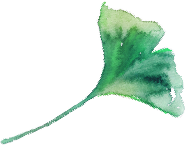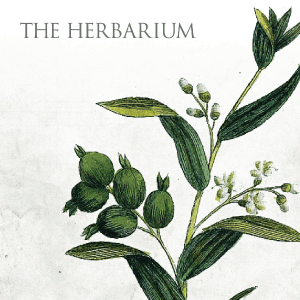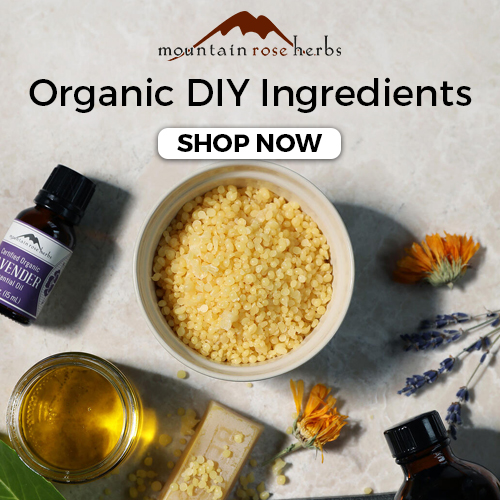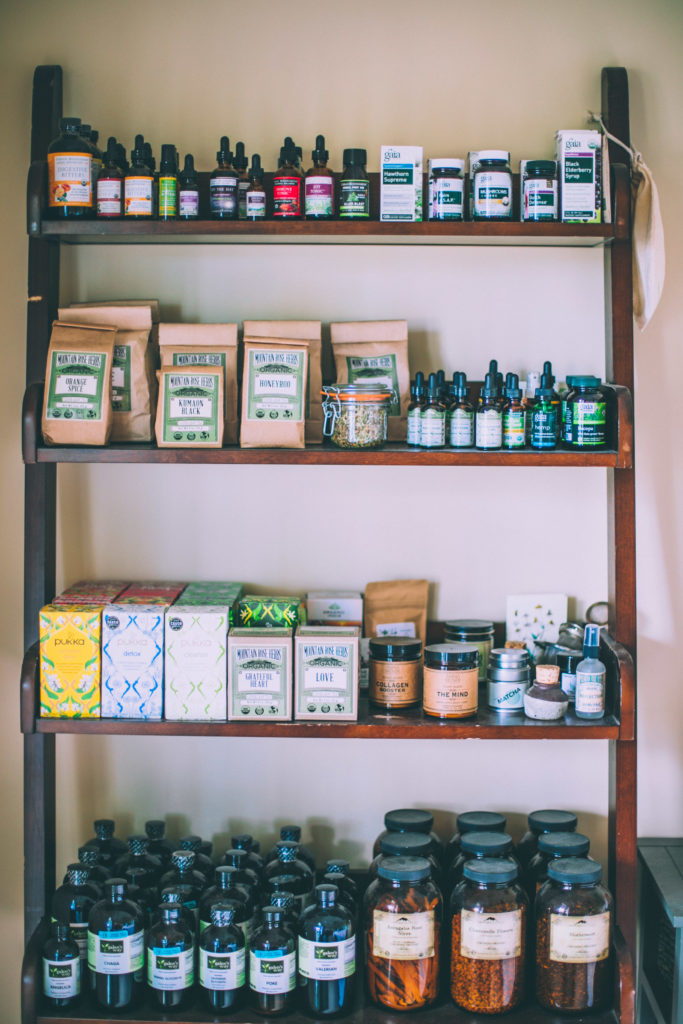
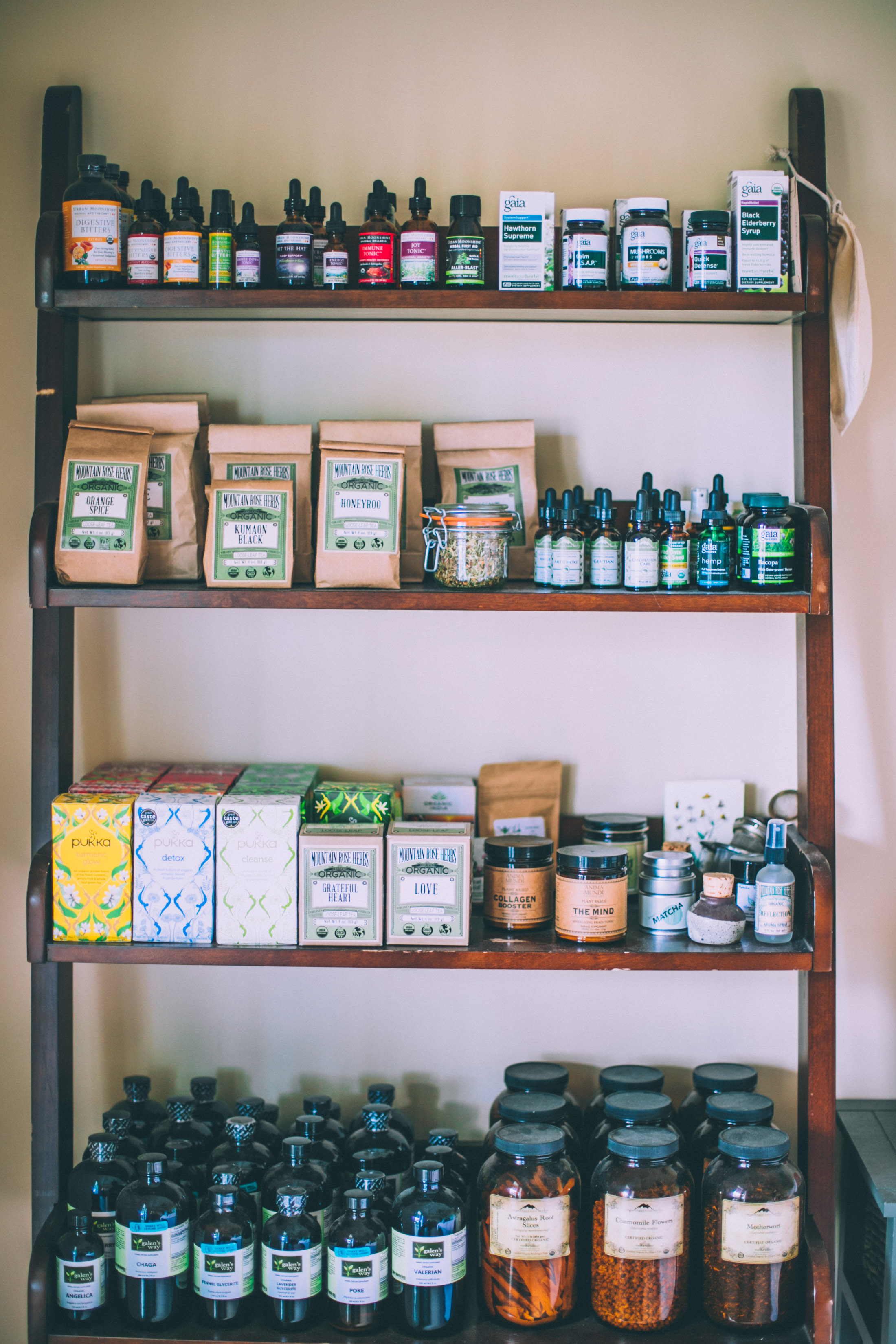
I’ve kept an herbal apothecary for 10 years now. My home apothecary and my professional apothecary differ slightly, but I’ve learned over the years that taking time to store my herbs properly is a game changer. People ask me all the time when they’re starting their own apothecary what are the best tips for storing herbs, and boy have I learned from experience. Especially over the past 12 months, my herbal collection has moved around quite a bit, and I’ve made extra efforts to store all of my herbs really well throughout all of the moves. Currently, this little glimpse is only about 1/4 of my total herbal apothecary, mostly the products I use on a daily basis. The rest is in more permanent storage areas before I move them into my new apothecary space next year.
Read More: Creating an herbal Apothecary At Home
Here are some of the basics when storing your herbs at home. Just a few simple tips that have made a big impact on the shelf life of my herbs. It takes a bit of investment, but will help your herbs last a good long time, and keep them fresh and aromatic even if you don’t have the best location to store them.
Five Tips for Storing Herbs
- Invest in jars that are dark glass, or block out light. I’ve used SKS bottles, and wide mouth amber glass jars for years to store cut and sift herbs. I’ve also used Infinity Jars for extra delicate herbs (powders especially) that I want to last a long time. I always use glass storage containers, never plastic.
- Keep temperature controlled and out of humidity. Moisture is the kiss of death for most herbs in storage, and you always want cut and sift, and powdered herbs to stay completely dry. I sometimes keep a dehumidifier in my herb storage space in the summer months (because I live in the south), and this makes a big difference.
- Always always always label your jars (and date them). I know you think you’ll remember what it all is…but you probably won’t. It will all start to smell the same after a while. When you’re re-packaging herbs into jars or bottling up your herbal creations, always label what’s in the formula, and date when you prepared it!
- When storing herbal powders, keep in air tight containers. Herbal powders oxidize very quickly. They need to stay extra air tight so no moisture can get in, and they are less exposed to oxidation.
- Timeline of expiration: Alcoholic based tinctures last the longest (about 1-3 years); Dried herbs for tea (when stored well) can last for up to 6-7 months. They should always smell aromatic!; Herbal powders have the shortest shelf life because they have been powdered. Once an herb has been processed this much, more surface area is exposed, thus leading to oxidation more quickly.
Read More: Guide to Herbal Preparations
When you’re curating your own herbal apothecary, remember to only accumulate what you need. It’s very easy to amass far too many herbs that you never end up using, so keep track of how quickly you’re going through your supplies and order sparingly. If you’re looking for a small collection of bottles, tins, labels, jars or herbal recipe cards, Herbal Academy has a beautiful collection to get you started. If you’re ordering bulk herbs from Mountain Rose Herbs, in the check out section you can request they send you sticker labels for each herb ordered. These work great on large jars to label your herbs. And I always recycle my jars when I’ve emptied them. I have a large collection of empty jars that I use for pantry storage, herbs, gifting herbal blends, or travel containers.
I’d love to see your home apothecary too! Share by using #curatingmyapothecary <3
Read More: Intuitive Tea Blending
